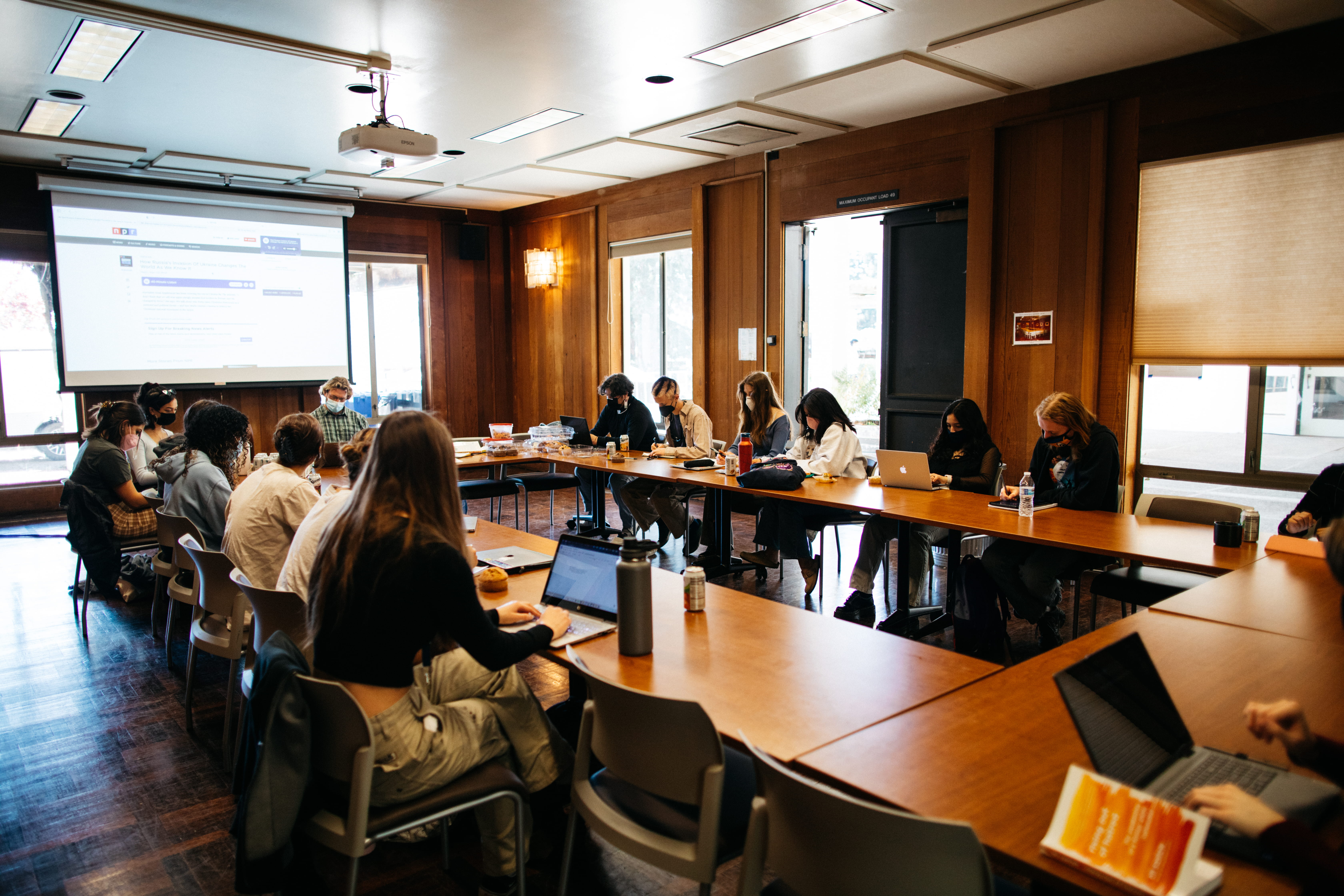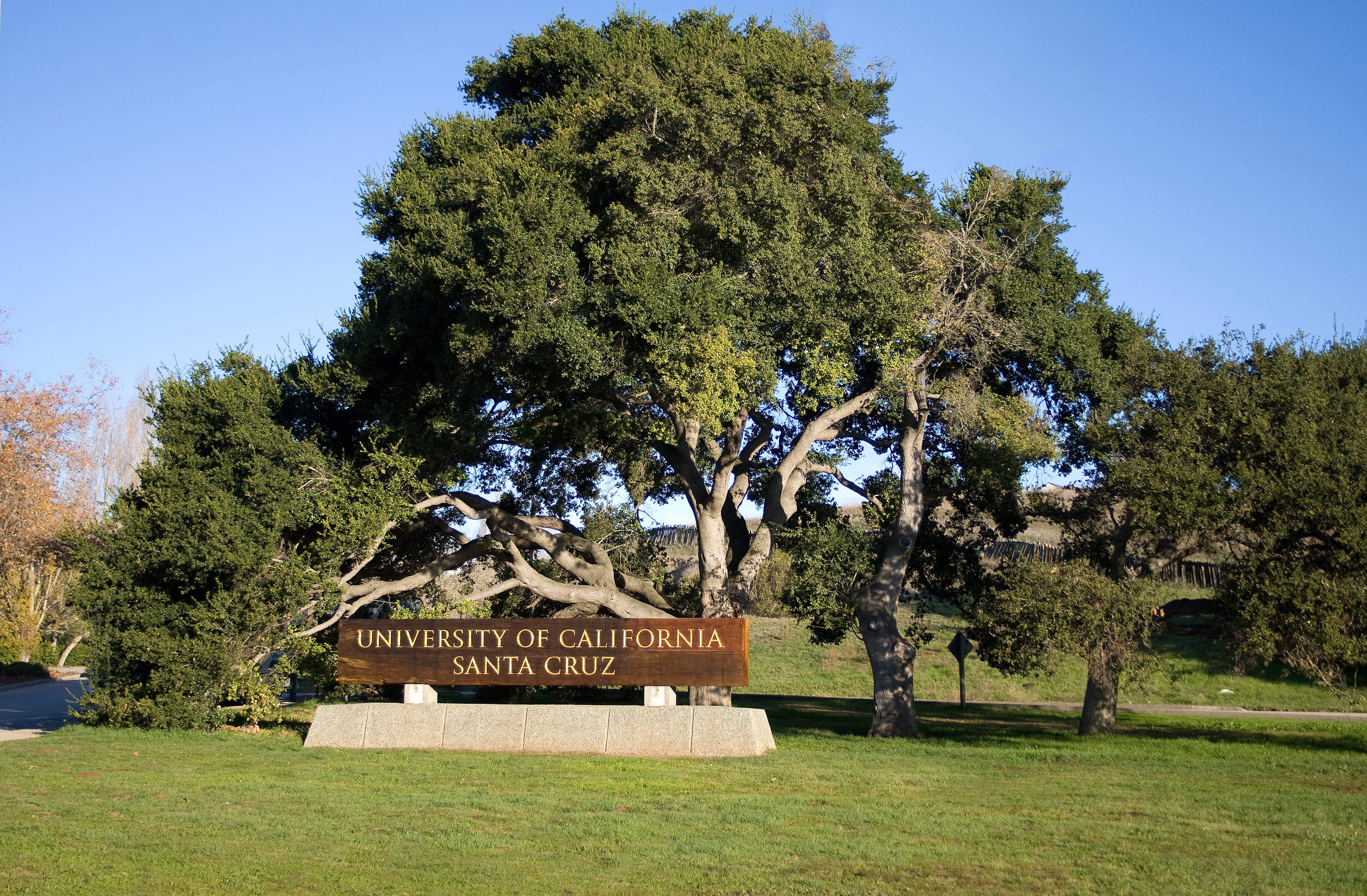
The IBSC’s training programs provide structured and purposeful mentoring with regularly scheduled trainee and mentor meetings to facilitate ongoing review of each trainee’s Individual Development Plans. Mentor are active participants in program activities, and are required to undergo mentoring training on an annual basis. Given the variety of mentoring experience amongst IBSC faculty, a variety of internal and external trainings including DEI training are provided to ensure robust, equity minded mentoring for all trainees.
Interested in novel training? The IBSC is happy to arrange for additional training based on enough interest in a particular workshop or module.

UCSC Internal Training
CITL offers a number of faculty training opportunities, as well as mentoring training upon request.
The UC Learning Center provides a variety of training, including preventing bias; conflict management; DEI and more.

External Training
The NIH’s OITE offers a variety of trajing for researchers outside of the NIH including career and professional development; wellness; virtual career symposiums; and more.
The NIH offers additional resources for extramural faculty such as the ‘Raising a Resilient Scientist” series that is highly useful for DEI training, conflict resolution skills, and more.
The NRMN has remote seminars as well as in-personal training on a variety of topics including unconscious bias; laboratory readiness; as well as additional events.
CIMER provides resources for organizations to improve research mentoring relationships. A variety of curricula and training services are offered
The HHMI resources page offers a number of written resources for mentors: leadership, education, and discovery resources are provided relevant to mentoring postdocs, graduate, and undergraduate students.
The NIH-funded SCOARE program is the translation into practice of over 10 years of research on the links between scientific communication and trainee research career intention.
